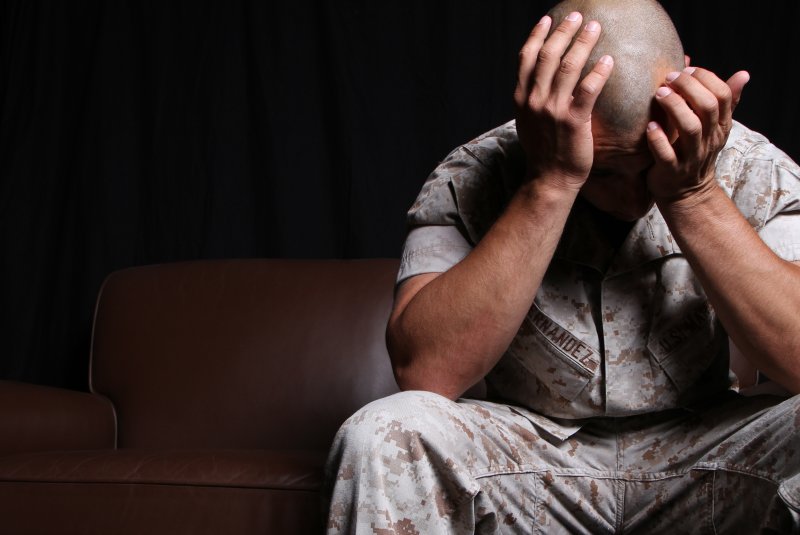Jan. 29 (UPI) -- Researchers have uncovered distinct thought patterns for people with post-traumatic stress disorder.
A study published in the January issue of Nature Neuroscience this week shows how PTSD patients react to triggers -- and how they can be trained to change their responses.















